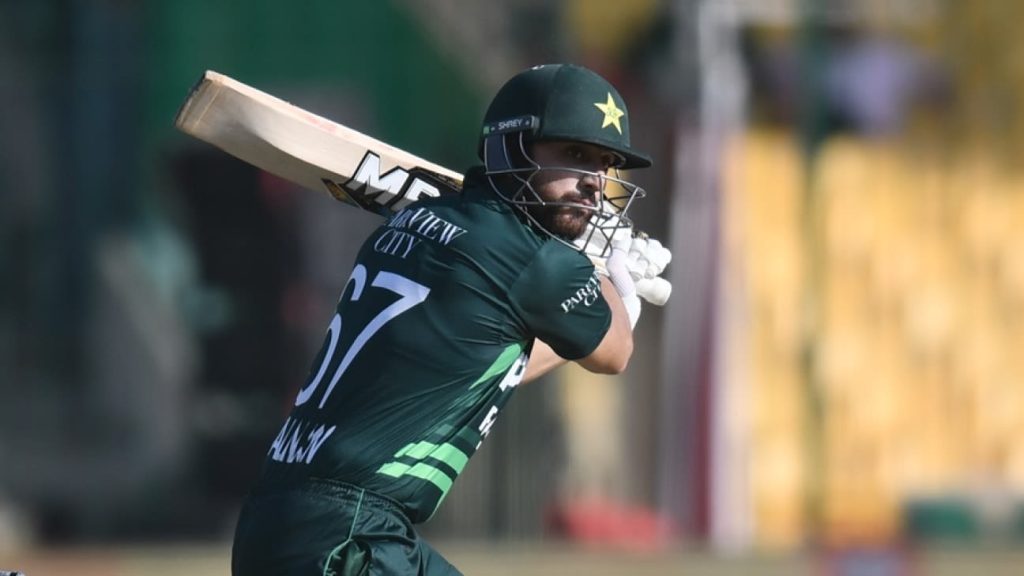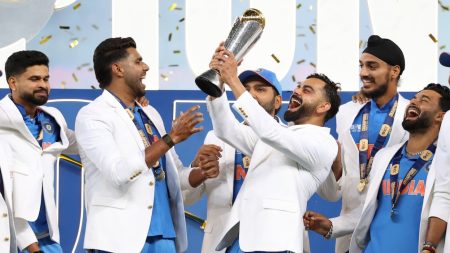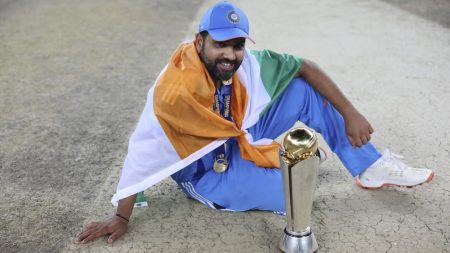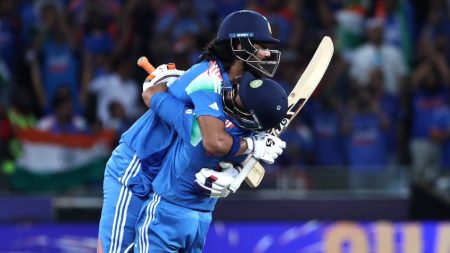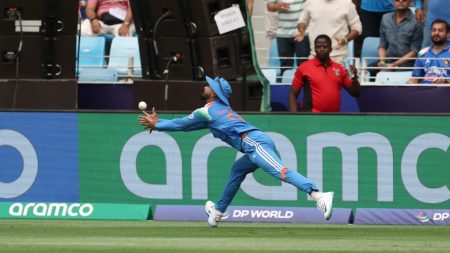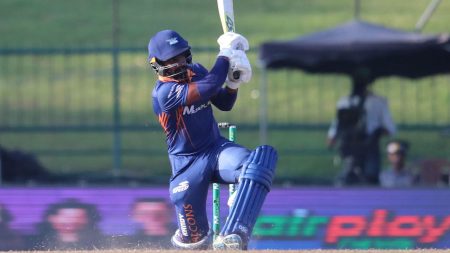A New Era of Fearless Cricket
Salman Ali Agha has taken the reins as the fourth T20I captain of Pakistan since January 2024, signaling a significant shift in the nation’s cricket strategy. Agha replaces Mohammad Rizwan for the upcoming white-ball tour to New Zealand, continuing a pattern of frequent captaincy changes that has seen the likes of Shaheen Shah Afridi and Babar Azam cycle in and out of the role. Pakistan’s recent poor performance, culminating in a group stage exit at the T20 World Cup last year where they were stunned by the USA, has catalyzed a comprehensive overhaul of the squad. This restructuring brings in a wave of fresh talent and sees the departure of several established names.
Embracing Youth and Innovation
Agha’s appointment is not just a change in leadership but a commitment to a "fearless cricket" philosophy. At a press conference in Lahore, Agha emphasized the importance of injecting new energy into the team with the addition of young players who have demonstrated a bold and aggressive style in domestic cricket. "It’s an honor and a challenge," Agha stated. "We need to focus on our intent and approach. Modern cricket demands a high-risk, fearless style of play, and we are prepared to support our players through the inevitable failures that come with this approach." The PCB has backed Agha with an eye on the Asia Cup and the World Cup in India and Sri Lanka next year, underscoring their long-term vision for the team.
A Strategic Partnership
A key aspect of the new setup is the return of Shadab Khan as vice-captain, a move aimed at fostering a cohesive leadership dynamic. Shadab’s experience and aggressive mindset align well with Agha’s vision, creating a potent combination on and off the field. Interim head coach Aaqib Javed, who is also the selection head, explained, "Shadab has good captaincy experience and shares the same aggressive mindset as Agha. This combination is crucial as we steer the team towards a more daring and dynamic style of play." The strategic pairing of Agha and Shadab is expected to provide the necessary guidance and support for the young players to thrive under the new regime.
Addressing the Past, Focusing on the Future
The dropping of Babar Azam and Mohammad Rizwan has been a topic of much discussion. Both players, known for their top-order batting, have been seen as contributors to Pakistan’s risk-averse batting approach. While their talents are not being overlooked, Aaqib Javed made it clear that the team’s new direction necessitates bringing in younger players. "You can’t rule anyone out forever, but for now, we need to bring in fresh blood and change our style of play," he said. This decision reflects a broader trend in international cricket, where teams are increasingly separating their T20 sides from other formats to adapt to the evolving landscape of the game.
The Importance of Domestic Cricket
The absence of Shaheen Afridi and Haris Rauf from the ODI squad further underscores the need for players to reevaluate their priorities and performance. Aaqib Javed highlighted the significance of domestic cricket in player development, particularly for those looking to improve in longer formats. "Top players travel so much they don’t have time to play domestic cricket. Now they have the chance to do so," he noted. "Until you play four-day cricket, you will not improve in Tests or ODIs. Players must take responsibility for their own game and consider sacrificing T20 to play longer formats and regain form."
A Path to Consistency and Success
Both Agha and Aaqib spoke of the importance of building a consistent pool of 20-25 players for Pakistan to focus on over the next 18 months. This pool will be crucial for developing a cohesive and competitive team capable of challenging the best in the world. Aaqib acknowledged the instability that has plagued Pakistan cricket, with frequent changes in coaching and selection. "We have changed nearly 16 coaches and 26 selectors in the past two years," he said. "Until we achieve consistency from the top down, our team will struggle to progress." Despite the challenges, the new leadership is optimistic about the future, committed to fostering a fearless and innovative cricket culture in Pakistan.

